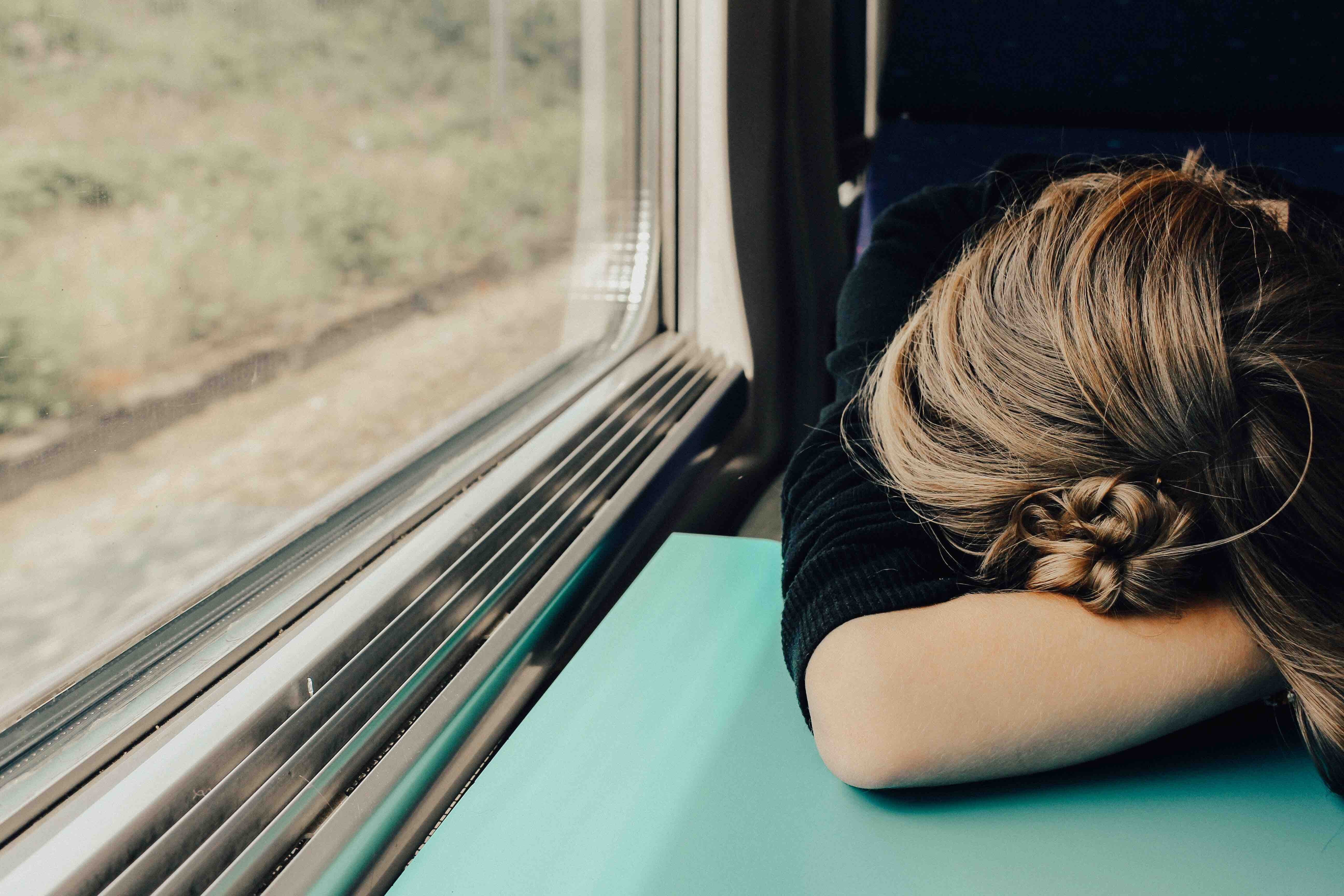You know you have to give up coffee.
The jitters are starting to become overwhelming, the anxiety is coming back. But you are afraid to go cold-turkey. Your morning cup of high-caffeine coffee gives you the boost of energy and sharp focus you need to get through your day.
One day at work, a colleague makes a banal offer of a cup of tea. You can see she has noticed your agitation. You internally scoff and all but dismiss the offer, but the strange leaves your colleague is holding catches your attention. This is no lifeless, flat, grey teabag from the staffroom kitchen. The gnarly thick pieces of foliage looks more like art than tea leaves. You are curious. On a whim, you accept your colleague's offer.
The brew seems nothing at first. This is no strong flavour, no instant hit, no rush of energy. You have to consider the liquid as it passes over your palate. You brush off the experience and go back to work.
Around 40 minutes later, you notice something unusual. Your mind is clear. You feel at ease. While you are not bouncing from your chair, your body and mind are actively working together. The release of energy is so slow, you hardly notice the transition from agitation and lethargy to energy.
The high-caffeine content of coffee has always jolted you awake. This new tea experience is caffeine with calm.

Caffeine and Tea
Caffeine in tea is one of the most understated benefits of tea consumption. Drinking tea for a longer-lasting energy boost is barely considered as energy drinks such as coffee or high-caffeine beverages usually take preference.
Each tea variety from the plant Camellia Sinensis contains caffeine. Each variety also contains an amino acid called L-Theanine which works hand-in-hand with caffeine. The unusual thing about L-Theanine is the impact it has on one's mental state. It creates a sense of calm.
Caffeine, Tea, and L-Theanine
While caffeine is a stimulant, L-Theanine is an amino acid that increases dopamine in the brain, promoting relaxation, an enhanced mood, a calm and clear mind.
Tea contains both caffeine and L-Theanine.
Caffeine and L-Theanine are the perfect combination, allowing both a state of energised focus and concentration with a sense of calm and feeling in control.
All tea varieties contain L-Theanine, but the levels are particularly high in green and white teas.
Why Do Some Teas Have Higher Caffeine Content Than Other Teas?
Caffeine levels vary significantly in each type of tea. Whether the caffeine content in tea is high or low depends on numerous factors.
Tea Variety
All teas (white tea, green tea, yellow tea, oolong tea, black tea, pu-erh tea) come from the same plant, the Camellia Sinensis plant. The Camellia Sinensis has two varietals: sinensis and assamica. The sinensis varietal is typically grown in China and the assamica variety is typically grown in India.
Tea grown from the assamica varietal tends to have higher caffeine content than the sinensis varietal.
Tea Category
Each tea category (white tea, green tea, yellow tea, oolong tea, black tea, pu-erh tea) has different levels of caffeine. Although not always consistent, the darker the tea, the higher the caffeine levels. Black tea and pu-erh teas typically have more caffeine than green teas.
Growing Practices
The amounts of caffeine can vary according to how the tea plant is cultivated. Plants that are shaded during some of the growing period, such as many Japanese green teas, have elevated caffeine levels.
Leaf Age
The age of the tea leaves at the time of harvest impacts significantly on caffeine levels. Teas consisting of young leaves and buds are more highly prized and have much higher amounts of caffeine than teas made up of older leaves, which typically have lower caffeine content.
Harvest Time
Tea is harvested throughout the year, but tea harvested during Spring tends to have higher caffeine content than tea harvested later in the year. Tea varieties harvested in Spring are typically rare white teas, such as Moonlight White tea, and green teas, such as Jade Mist Green Tea.
Processing Methods
Finely ground tea tends to have higher levels of caffeine as more caffeine is released during the brewing stage. Powdered tea, such as Matcha, is extremely high in caffeine as it is a fine powder and you consume the whole leaf after brewing.
Brewing Time
The longer a tea is brewed, the more flavours and nutrients are released into your cup. Caffeine is no exception - if you do not remove your tea leaves once brewed, caffeine will continue to be released over time.
If you want to increase caffeine levels by brewing your tea leaves for longer, ensure you use a high-grade tea that does not go bitter after a long brew, such as Tielka Breakfast Black Tea.
Quantity of Tea Leaves
Tea brewed with more tea leaves contains higher caffeine levels than tea brewed with fewer leaves. If you like your tea strong, be prepared for a higher caffeine hit.
Water Temperature
Brewing tea at a higher temperature extracts more flavours, nutrients and caffeine than brewing tea at a lower temperature. But be warned, brewing green tea at a high temperature causes the green tea leaves to burn, releasing a nasty bitter flavour. To increase the caffeine in a cup of green tea, simply add more leaves and brew for longer at a lower temperature (e.g. 70 degrees celcius).
Three Beautiful High-Caffeine Teas You Simply Must Have in Your Cupboard
Moonlight White Tea
Harvested in the early Spring, Moonlight White Tea consists mostly of young buds and large broken leaves. The combination of an early spring harvest, the age and cut of the leaves and buds means caffeine leves are higher than many other tea varieties. Moonlight White Tea also has elevated levels of L-Theanine, giving a calm, alert state of mind.
Moonlight White Tea is also beautifully light, with floral notes and a hint of almond meal.
Available as loose leaf tea only.
Jade Mist Green Tea
Harvested in the Spring, Jade Mist Green Tea consists of young green tea leaves and buds. Jade Mist gives a beautifully fresh, grassy, sweet brew that has higher levels of caffeine, which is delightfully softened by the elevated levels of L-Theanine. Perfect for completing long haul tasks requiring extra concentration.
Available as loose leaf tea and in pyramid tea bags.
Tielka Breakfast Black Tea
Tielka Breakfast is a black tea, which typically contains higher levels of caffeine per cup than other lighter teas. It also has a large portion of tea buds, the golden pieces you see amongst the darker leaves, which are young when harvested and higher in caffeine.
Available as loose leaf tea and in pyramid tea bags.
Originally published 16/02/2021, 12:19 pm AEST


